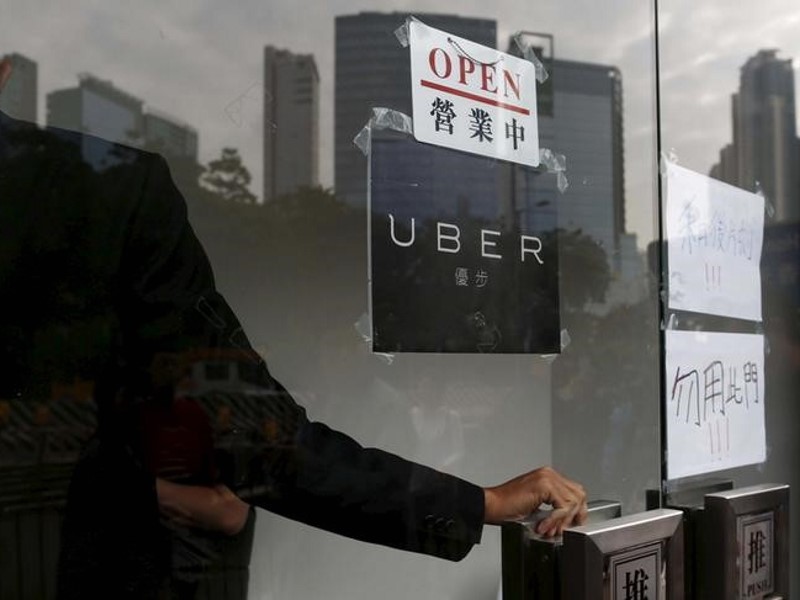
Uber Technologies Inc is burning through more than a billion dollars a year in China as it wages a fierce price war against local rival Didi Kuaidi, its chief executive said.
The company’s Chinese business boosted its valuation last month to more than $8 billion after raising more than $1 billion in its latest funding round, but the US ride-hailing app is not yet profitable in mainland China because of the intense competition.
“We’re profitable in the USA, but we’re losing over $1 billion (roughly Rs. 6,854 crores) a year in China,” Uber CEO Travis Kalanick told Canadian technology platform Betakit.
“We have a fierce competitor that’s unprofitable in every city they exist in, but they’re buying up market share. I wish the world wasn’t that way.”
The $1 billion figure was confirmed by Uber officials in China in an email to Reuters on Thursday.
Uber and China’s Didi Kuaidi, backed by Chinese technology giants Tencent Holdings and Alibaba Group Holding, have both spent heavily to subsidise fares to gain market share, betting on China’s Internet-linked transport market becoming the world’s biggest.
Uber China said in an emailed statement that Didi Kuaidi was having to spend “many multiples” more than the US company to increase its share of the market, adding that Uber’s China business was backed up by profitable operations outside the region.
A spokesman for Didi Kuaidi, which has the biggest market share of China’s car-hailing app market, said that Uber’s claims about its spending were untrue and that it is benefiting from its larger size.
“Smaller competitors have to bleed subsidies to make up for their insufficient driver and rider network,” the spokesman said in emailed comments to Reuters. He added that the Chinese company now operates in 400 cities and had passed break-even point in half of those cities.
In January Kalanick said that spending on such pricing strategies is “how you win” in China, adding that Uber aimed to beat Didi Kuaidi through deploying the spending more efficiently. Uber currently operates in more than 40 Chinese cities and plans to be in 100 by the end of the year.
“I prefer building rather than fundraising,” Kalanick added in the interview with Betakit. “But if I don’t participate in the fundraising bonanza, I’ll get squeezed out by others buying market share.”
[“source-gadgets.ndtv”]